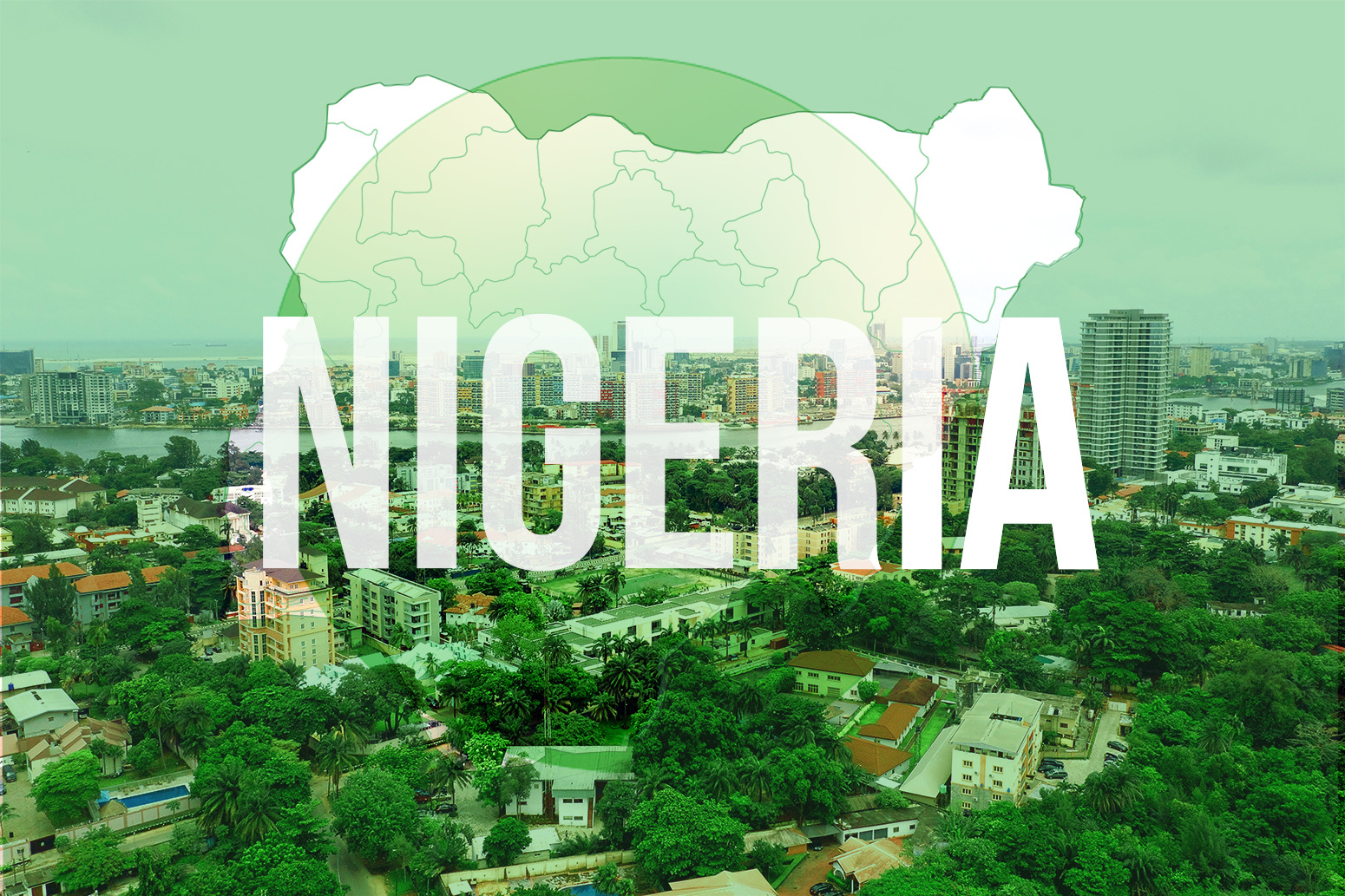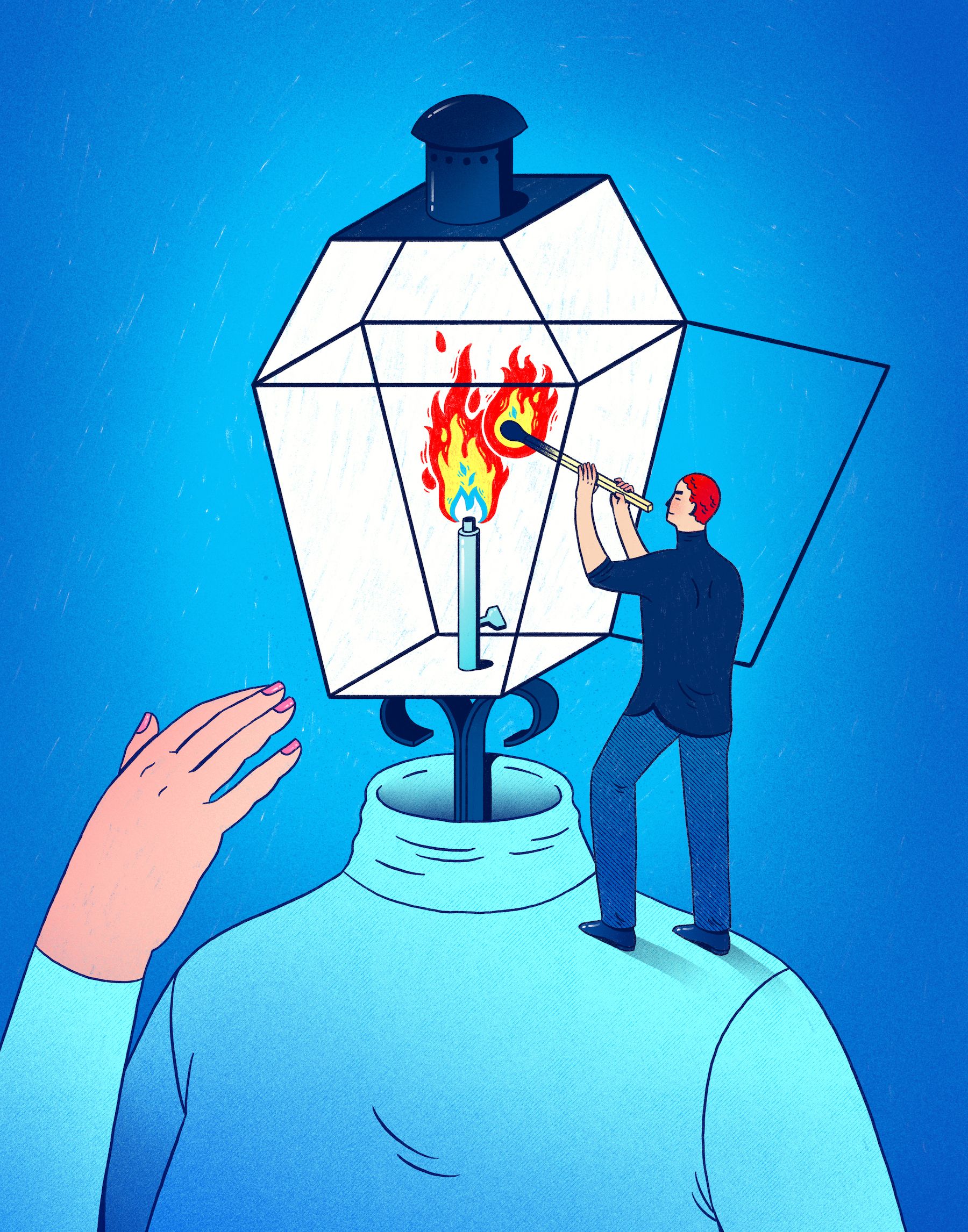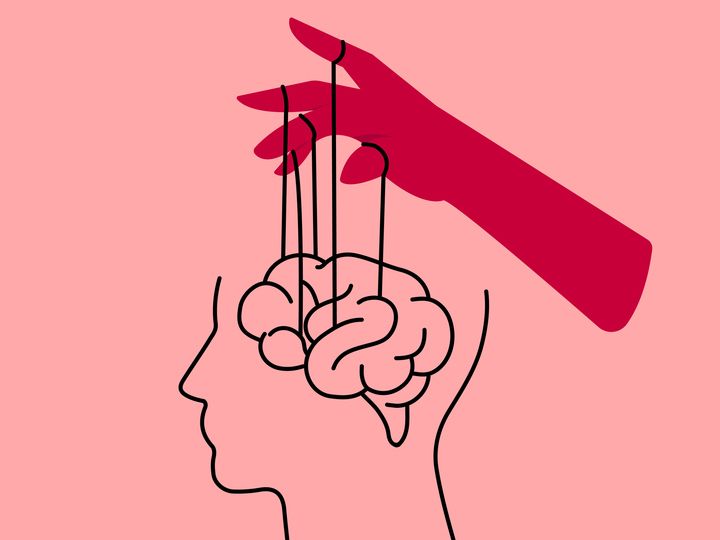Dear Nigeria, We Can’t Gaslight Ourselves Anymore

Welcome to Nigeria— the nation with the green and white flag. The nation is overflowing with talent and resources. The home of Afrobeats and jollof rice. The nation with the highest population in Africa — The Giant of Africa.
Great country, you would say, right? Well, that intro is for the media. Let's do a reality check: Welcome to Nigeria, the country where a basic amenity like 24-hour constant electricity supply will be reached with applause from all four corners of the nation, with chants of the current president or governor in power. And does that electricity supply exist? Take a guess.
Welcome to Nigeria — the nation where university graduates are driving buses and “primary school certificate” holders are holding the reins of power. The country where prices skyrocket like a space jet bound for the moon.
Welcome to Nigeria,where good roads are now a favour to the masses, where safety is not guaranteed, where the education system is unreliable, where corruption grows deep in the land, spreading its roots.
Finally, welcome to Nigeria, where the citizens are constantly gaslighted for having high expectations of what their living conditions should be like. Where asking for the bare minimum is labelled as entitlement. You are made to feel ungrateful for demanding clean water, safety, or a functioning power grid.
This isn’t just bad governance — it is psychological warfare. We are being gaslighted into shrinking our expectations. And the worst part? We are starting to believe it.

Photo Credit: The New Yorker
What is Gaslighting — and How Does Nigeria Do It So Well?
Let's take a look at a hypothetical situation: Chris comes back home after a long day at work and a few drinks at the bar. He catches his wife cheating with another man on their matrimonial bed, and he passes out due to the shock. The next morning, he remembers and confronts his wife severally times, but his wife vehemently denies, stating he must have been seeing things. He began to question his memory and brain, and buys into the idea that he must have imagined things. Now, that is gaslighting.
According to Wikipedia, gaslighting is the manipulation of someone into questioning their perception of reality. Merriam Webster Dictionary gives an extended definition: Gaslighting is the psychological manipulation of a person usually over an extended period of time that causes the victim to question the validity of their own thoughts, perception of reality, or memories and typically leads to confusion, loss of confidence and self-esteem, uncertainty of one's emotional or mental stability, and a dependency on the perpetrator.
Now, let's apply this concept to Nigeria.
You complain about epileptic power supply, and someone says, “At least you even have light; some people haven’t seen power in months.” You talk about insecurity, and the reply is, “They are killing people in America too.” You mention that your salary does not match the cost of living, and someone says, “Thank God you even have a job.”
Every time we raise our voices about something we deserve — safety, dignity, justice — someone, somewhere, reminds us to be grateful it is not worse. That is not realism, that is manipulation.
And after years of it, we have turned the tactic on ourselves.

Photo Credit: Selfcare
The Lies We Have Told Ourselves
Sometimes, survival demands a lie. And we have mastered the art of lying to ourselves in Nigeria.
“Naija go better.” We chant this like a prayer, generation after generation, even though there is no strategy behind it. Just vibes, Christian faith and false optimism.
“We are the happiest people on earth.” They say this like a compliment. As if dancing in traffic and making memes out of tragedies is a badge of honour. It is not. It is trauma and pain disguised as joy.
“At least we are not like XYZ country.” The bar is so low, it is 100 feet under the earth. Why is our standard for governance based on where not to be? Why must we keep comparing downward?
We build these phrases like emotional scaffolding to hold up a collapsing sense of national pride. But at some point, we have to ask: what happens when the scaffolding finally gives way? When the weight of truth becomes too heavy for delusion to carry?
When Hope Becomes a Hallucination
Hope is an essential emotion to live through life as a human. But in Nigeria, we have turned hope into hallucination. A fantasy we clutch to stay sane.
We hoped for credible elections; we got glitches, violence, and silence. We hoped for police reform; we got bullets and the denial of a massacre. We hoped for education reform, but we got ASUU strikes and rising tuition fees.
Even when everything screams collapse, we keep saying “e go better.” We chant it, not because we believe it but because the alternative is too painful to say out loud.
And you know what is more dangerous than an atomic bomb? Blind hope. It numbs us. It makes us ignore the urgency of our situation. It teaches us to endure instead of resist. To adjust instead of demand. To cope instead of confront.
And are we learning? You can bet.
The Cost of Pretending: Real Lives, Real Losses
Some people have died because a Federal hospital has no adequate facilities.
Some children trek kilometres to attend schools with no desks, no knowledgeable teachers, and a bleak future.
Some students have waited 8 years for a 4-year course because strikes interrupted their education.
Some families sleep in fear, unsure if the next knock on the door will be kidnappers or the police.
And yet, if you express anger or sadness about any of these, someone will tell you, “Na so e be. You too dey vex.”
Recently, a corper identified as RAYE, complained about the exorbitant prices of foodstuffs in the market, emphasising the prices of crates of eggs, data and electricity. And some Nigerians attacked her, asking why she was buying a crate of eggs as a serving corps member in the first place.
Sad, isn't it? That is what gaslighting does. It erases your right to grieve. It invalidates your outrage. It makes you question whether you are the problem for wanting more when, in reality, the system is designed to keep you asking for less.
A New Kind of Honesty
The most dangerous thing is not even what the government does; it is that we have internalised the dysfunction. We have become co-authors of our own delusion.
We celebrate when a governor builds a flyover, even though it is his job. We call NEPA “generous” when we have power for six hours straight. We thank politicians for bags of rice, not realising it is our own tax money in branded wrappers.
This is not normal. And the longer we pretend it is, the more broken we become as a people. Loving Nigeria should not mean lying for it.
True patriotism is holding your country accountable. It is loving it enough to want better. It is refusing to shrink your dreams just to fit the narrative that “this is Africa, it is what it is.”
It is time we drop the survival scripts. It is time we stop calling pain resilience, crumbs blessings, oppression, endurance and dysfunction “our way.”
Name it what it is and face it. Because change can never come if we refuse to resist and fight back.
Dear Nigeria, We Are Wide Awake Now
We see the tricks. We hear the gaslighting. We feel the manipulation. But we are no longer confused.
We are tired, yes. Worn out, maybe, but not blind.
We will no longer thank leaders for doing the bare minimum. We will no longer whisper our grief or bury our anger. We will not adjust our expectations to suit their failure.
Dear Nigeria, we can’t gaslight ourselves anymore. We have done that for far too long.
Now, we want light, not just metaphorically.
We want roads. We want safety. We want education. We want jobs. We want a future.
And this time, we’re not asking quietly.
You may also like...
Be Honest: Are You Actually Funny or Just Loud? Find Your Humour Type

Are you actually funny or just loud? Discover your humour type—from sarcastic to accidental comedian—and learn how your ...
Ndidi's Besiktas Revelation: Why He Chose Turkey Over Man Utd Dreams

Super Eagles midfielder Wilfred Ndidi explained his decision to join Besiktas, citing the club's appealing project, stro...
Tom Hardy Returns! Venom Roars Back to the Big Screen in New Movie!

Two years after its last cinematic outing, Venom is set to return in an animated feature film from Sony Pictures Animati...
Marvel Shakes Up Spider-Verse with Nicolas Cage's Groundbreaking New Series!

Nicolas Cage is set to star as Ben Reilly in the upcoming live-action 'Spider-Noir' series on Prime Video, moving beyond...
Bad Bunny's 'DtMF' Dominates Hot 100 with Chart-Topping Power!

A recent 'Ask Billboard' mailbag delves into Hot 100 chart specifics, featuring Bad Bunny's "DtMF" and Ella Langley's "C...
Shakira Stuns Mexico City with Massive Free Concert Announcement!

Shakira is set to conclude her historic Mexican tour trek with a free concert at Mexico City's iconic Zócalo on March 1,...
Glen Powell Reveals His Unexpected Favorite Christopher Nolan Film

A24's dark comedy "How to Make a Killing" is hitting theaters, starring Glen Powell, Topher Grace, and Jessica Henwick. ...
Wizkid & Pharrell Set New Male Style Standard in Leather and Satin Showdown

Wizkid and Pharrell Williams have sparked widespread speculation with a new, cryptic Instagram post. While the possibili...
